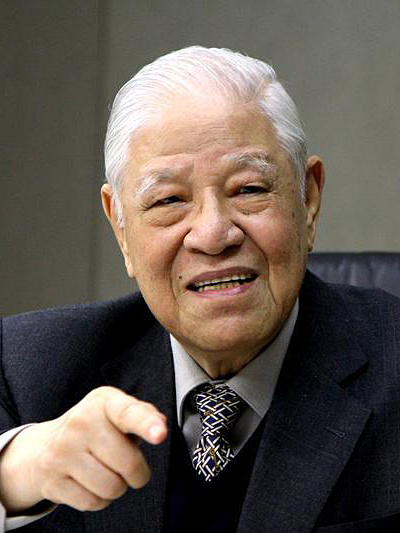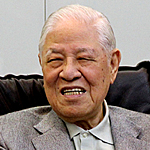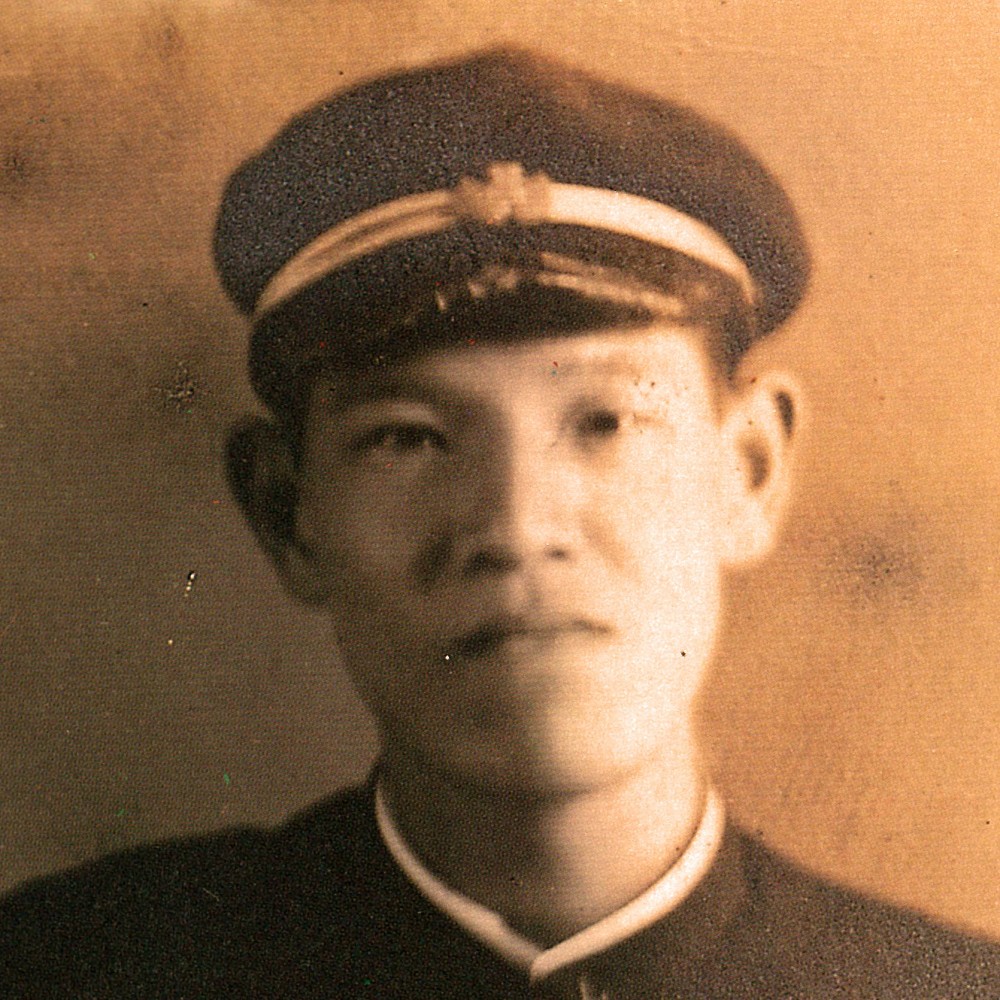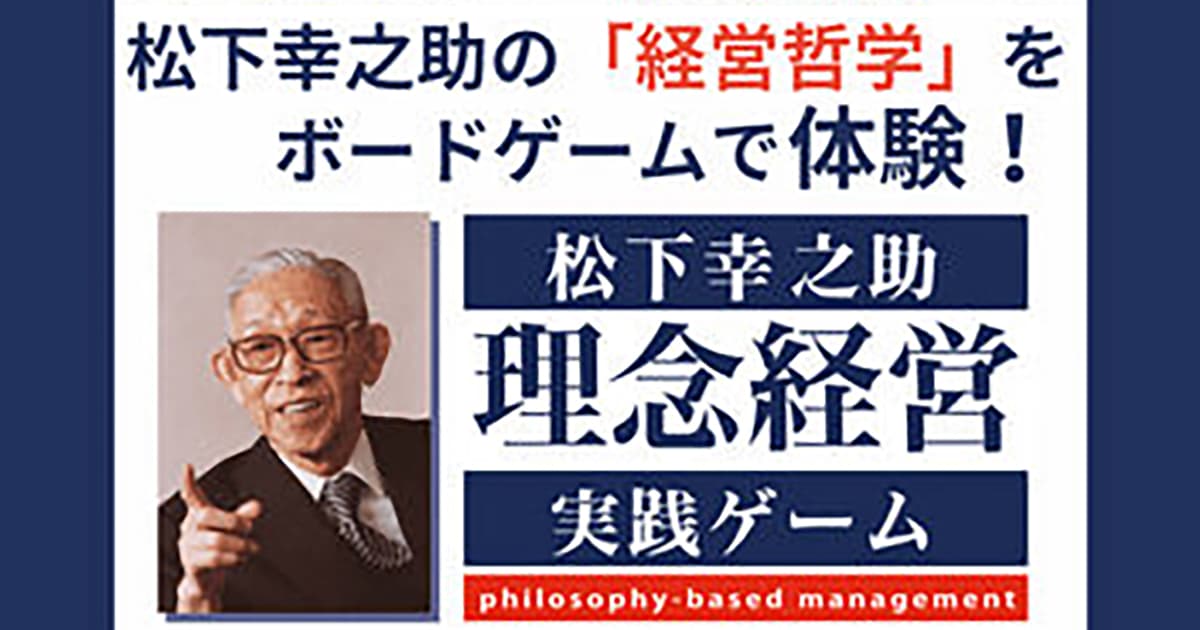Voice » Voiceインフォメーション » The bond between Japan and Taiwan is eternal <1>
The bond between Japan and Taiwan is eternal <1>
2014年07月30日 公開
2024年12月16日 更新
Prologue
 Several months has passed since Taiwanese students occupied the parliament. My heart was hurt when I watch the scene that police officers beat students that hold Taiwan’s future on video. My stance is consistent; Leaders must listen to their voice, try their best to understand peoples’ pains, and find solutions in sincere ways.
Several months has passed since Taiwanese students occupied the parliament. My heart was hurt when I watch the scene that police officers beat students that hold Taiwan’s future on video. My stance is consistent; Leaders must listen to their voice, try their best to understand peoples’ pains, and find solutions in sincere ways.
This script was made before Taiwanese students occupied the Parliament by editors’ request. Therefore, it doesn’t answer Taiwan’s problems in a direct way. However, no matter what happens in Taiwan, my propositions “Japan and Taiwan are on a same boat” “The bond between Japan and Taiwan is eternal” will never change. Although lots of them have gone, yet Japan still maintains social disciplines. We still remember clearly the impressive behaviors or the Japanese right after the earthquake/tsunami. Japan is still a great elder brother for Taiwan.
On the movie “KANO”
I was shedding tears after the 3hour-5minutes-long movie. My wife was sitting next to me. It was the movie “KANO” (released in Japan in 2015). KANO stands for Kagi-Norin-gakko (Kagi Agricultural School) and went to Koshien as the representative of Taiwan for the first time in 1931 and finished second. This movie is based on that true story. The manager who transformed a weak team into this great team was Mr.Kondo Heitaro. Japanese actor Masatoshi Nagase played Kondo in the movie. I think Mr.Kondo who united Japanese, mainland Taiwanese, as well as aboriginal Taiwanese is a great leader.
“Rippun Chenshin” is a frequently used phrase by the Taiwanese. It means “Japanese Sprit” which the Taiwanese learned during the Japanese governance era and something the KMT Chinese from the continent didn’t possess. “Courage”, ”Honesty”, ”Diligence”, ”Service”, “Self-Sacrifice”, “Responsibility”, “Abiding Laws”, “Hygiene” are main morals in it. I praised Japanese educational system with my wife after watching “KANO”. “KANO” gave us an opportunity to reflect the past of myself and family members.
“KANO” gains a huge popularity here, but some criticize it for “justifying Imperial Japan’s colonization”. However, I believe the Taiwanese who are facing the risk of Chinese annexation should reflect the very “Japanese Spirit” in the movie. The Taiwanese must get out of the trap of Sinocentrism and build up our democratic society based on the samurai spirit which draw the line between “Public” and “Private”. Therefore, I spoke to journalists who were waiting for me outside the cinema.
“All Taiwanese should watch this movie.”
“Why did you dump Taiwan?”
Chin Ko-gen (Japanese name: Agematsu Koichi), The shortstop for KANO in the movie is a real person and having an Aboriginal Puyuma background. When the late novelist Shiba Ryotaro visited Taiwan back in 1993, he met Ken-nen, the second son of Chin Ko-gen through my introduction during my presidential term. Later on, Chin Ken-nen was appointed Governor of Taitong.
Shiba had dinner with the family of Chin Ken-nen. Sai Sho-sho, wife of Chin Ko-gen and mother of Ken-nen was present as well. According to a piece in Shiba’s “Taiwan Travelogue”, she was born in “1921”, which means she’s 2 years older than 91-year-old myself. She was over 70 when she met Shiba back then.
At the end of the dinner party, She asked shiba “Why did Japan dump Taiwan?” twice and he couldn’t answer. “I imagined her questions are based on her moral discipline” wrote Shiba.
No one denies the fact that Taiwan is the most pro-Japanese country in the world. Not only Japanese-speaking generation who have experienced the Japanese governance, but also younger Taiwanese are also pro-Japanese. The Taiwanese feeling for Japan might have been one-sided for a long time. But this “one-sided love” era was over when Japan was hit by earthquake and Tsunami, and Taiwanese had donated a huge sum of money in 2011. However, I still have to point out Japan’s attitude toward Taiwan after the loss of 1945 was blatant and cold-hearted. Some elderly Taiwanese who speak Japanese as mother tongue still have a feeling of discontent.
So, I’d like to talk about the era I used to live as a “Japanese”. I believe history before WWII is linked to the problems Japan and Taiwan are facing today.
“How should I live”?
I was born on Jan.15, 1923 in Sanchin,Tansui, northen part of Taipei. 28 years have passed after Taiwan was annexed by Japan through the Shimonoseki Treaty.
I changed my elementary school four times due to my father’s transfer as police officer.
So it was difficult for me to make new friends and I became an introverted kid who likes to read books and draw sketches. It was Lee To-kin, who is two years older big brother who guided me to the right direction.
I had a chance to join a school trip to Taipei in my 4th grade. I asked my father a favor with fear the previous night. “Daddy, I’d like to go get ‘Encyclopedia for children’ and a math book”. It costed 4 Yen back then. It was an era which an average salary for lower civil servant was 3 yen. My father responded by saying “I can’t offer you such a big money in the middle of the night”. I had no choice but to give up.
The next day, I got the bus and waited for departure. Then, somebody knocked on the window. Look, it was my father! “Daddy, what are you here for?” I asked. He said, “I brought you money for your encyclopedia”. My father collected money from all the relatives all night long. I still remember the joy of that very moment. When I wrote this episode in my book, lots of Japanese wrote to me that they have similar experiences. This is an example of thirst for education in Japan back then.
I read the encyclopedia father bought me from cover to cover. Then I got some arrogant feelings like “I know everything” “My classmates are not so impressive”. Storing knowledge enlarged my ego and brought me some pains.
My mother was loving me blindly and she put me on her knees in my upper years in elementary school. Then the word “depravity” came to my mind gradually. I asked my parents to allow me to go to Sanshui to get a better education and transferred to Tansui elementary school, which is 15km away from home. I lodged at teachers’ or friends’ places and learned a lot from it.
I went to Tansui Middle School after graduating from Tansui Elementary School. Then I entered Taihoku (Taipei) National Junior Highschool, but I was diagnosed with typhoid fever and forced to take a 6-month-long break. Principal Matsuda paid a lot of attention for my future, and transferred me to the 8th grade of Tansui Junior High, a private Protestant school.
At that time, philosophical questions like “Who am I?” “What is human?” “How should I live?” came to my mind all the time. The presence of Lee To-kin, my elder brother was my salvation. He joined a local youth group. One of the activities at the local youth group is Zen meditation. I started reading books written by Dr.Suzuki Daisetsu and tried my best to overcome my ego through this painful Zen meditation.
I was also a volunteer bathroom janitor. When the wake-up bell at 6am, I spent the next 1 hour until 7am cleaning up bathrooms. These “dirty jobs” experience helped me a lot for my leadership later in my life.
I dreamed of being a painter during my junior high years. Water color, oil painting, prints…I devoted all my energies into each piece. Later on, I had a chance to talk about my childhood dream with Judy Ongg (Taiwanese singer), and she gave me a big print.
I thought I don’t need an academic background to be a painter. Then I found a book for entrance exams. In this book, the author says “If you want to study hard, go to better highschools and imperial universities”. I took it sincerely and decided to apply for Taihoku high school. All exams were in Japanese, but I’ve read encyclopedia in Japanese since I was in elementary school, and classics like “Kojiki” Genji-Monogatari” “Tamakatsuma” plus complete works of Natsume Soseki during my junior high school years. So exams of Japanese and Chinese classics were totally piece of cake for me. The teachers seemed to be surprised to see me scoring 100/100 on both subjects.
My encounter with Dr.Nitobe
Each class holds 40 students in Taihoku Highshool. I remember only 3 or 4 out of 40 were Taiwanese. I didn’t face racism during my high school years. Teachers treated me well and no classmate has ever said anything offensive in person. We enjoyed atmosphere full of freedom, discussion with my classmates, and read a lot.
Reading a books requires a certain amount of time. So I took notes every time I read a book. Philosophy, history, ethics, biology, science…I literally read books on all fields. I had 700 or 800 books in Iwanami Paperbacks alone. Lots of books have influenced my life, but if I’d have to pick one, I’d choose Thomas Carlyle’s “Sartor Resartus”. However, his book was written in a dignified style and it was difficult to keep on reading it. Then, I found a transcript of a lecture by Dr.Nitobe Inazo on “Sartor Resartus” at a library in Taihoku. I was really moved by it and started reading “Bushido” by Nitobe. One of the reasons I majored in Agricultural Economics at Kyoto Imperial University was Nitobe’s influence, who was also an agricultural economist.
Nitobe brought up “justice” “courage” “humanity” “honesty” “honor” “loyalty” as virtues of samurais. However, the significance of “Bushido” is the call for its practice. How would you affirm your just-once-life? To affirm your precious life, I learned the importance of working for public, rather than private interests through “Sartor Resartus” and “Bushido” and they were my salvation in my youth.
“As a student under fire”
I really liked academia and wanted to be a history teacher, but the influence of war came to Taiwan as well and I graduated from Taihoku High school 6 months earlier than usual. Right before graduation, I was interviewed by “Taiwan Nichinichi Shimbun”. It was the largest newspapers in print in Taiwan back then my interview was placed on June 28, 1943. (This article can be found in database at university libraries in Taiwan)
“To answer the questions on the determination of a student under fire, Mr.Iwasato, a 12th grade mainlander student of Taihoku High school says the following;
Our objective as students under fire is to win the present warfare at any cost. Everything I study is to devote to the national interest, and there’s no such thing as study for study anymore.
We did enjoy atmosphere of freedom on campus, but the past is gone. We need to refresh our stance for the country. Generally speaking, high school students were introverted in most cases and rarely show their feeling, but I assume they do have strong determination within their minds.
Now, the special volunteer system for Army and Navy are enforced in Taiwan and I told my parents my intention to apply for it after finishing law school. I believe the conscription system is necessary to build up characters and train yourself to be a better person through pains. I’m supposed to go to mainland Japan in the very near future and I’d like to learn Zen Buddhism, which is strongly linked to Japanese culture when I get there.
Intellectuals in a period of transition lacks force and leadership. The citizens of Japanese Empire was not led by philosophy or principles, but vitality. We need studies that can be driving force for the country.
The crisis of studies lie in the fact that military guys don’t read philosophy. It seems the concept of the Asian-Liberation war has not reached the whole island yet. I believe compulsory education played a very important role in enlightening native Taiwanese. All in all, education and conscription are the two key factors to transform native Taiwanese into proper Japanese.”
“Mr.Iwasato” in the first line was my Japanese name. I was Iwasato Masao back then. I said “Our first objective as a student under fire is to win the Great East Asian War at any cost”. As a matter of fact, I entered Kyoto Imperial University and decided to join the Army after 1 year and 2 months of studies. It was voluntarily, not being drafted.
I was baptized after the war. Back then, I was an absolute spiritualist under the influence of Japanese education and knew what “death” means. “I found Bushido is to die”. As “Hagakure” says, I was ready to die for country anytime. It was a normal feeling among Taiwanese volunteers who received Japanese education.
After the Osaka Division, I was immediately transferred to an Antiaircfaft Artillery in Takao, Taiwan. I wanted to go to frontlines as a foot soldier and find solutions on my lifelong philosophical questions of life and death, but it didn’t come true. You have nothing to do in an Antiaircraft Artillery unless it’s bombed. So I had a plenty of time to read Remarque’s “Im Westen Nichts Neues”, which was forbidden in Japan back then.
(Translator : Taka DAIMARU)
→ <2>
 ■Lee Teng-hui
■Lee Teng-hui
Born in Sanchin,Taipei County(1923).
First Taiwan-born president of the Republic of China(Taiwan,1998-2000).
Voiceの詳細情報
アクセスランキング(週間)
更新:02月15日 00:05
- 自民党が生き残る唯一の道は「伝統保守」への回帰 なぜ所得再分配が必要か
- 「大阪都構想」が反対派からこれほど“毛嫌い”される理由
- “日本の若者は右傾化”したのか? リベラル台頭の裏にある不都合な現実
- “高学歴な人”ほど左派政党を支持する「先進国の現実」
- 橋下徹が解説する、日本で「国民が首相を直接選べない」理由
- 「チクショー。やめろ」 オウム真理教・麻原死刑囚最後の日
- 【日本文明研究会】文明史のなかの日本のリベラル・デモクラシー(第1回)
- 「国民に覚醒を呼び掛けてほしい」元衆議院議長が高市早苗首相に求めること
- 繰り返された「その場しのぎ」の政策...痛みを避け続けたメルケルの16年間が残した負債
- なぜ弾圧? 知っておきたい中国政府と「ウイグル族」の歴史





.jpg)
